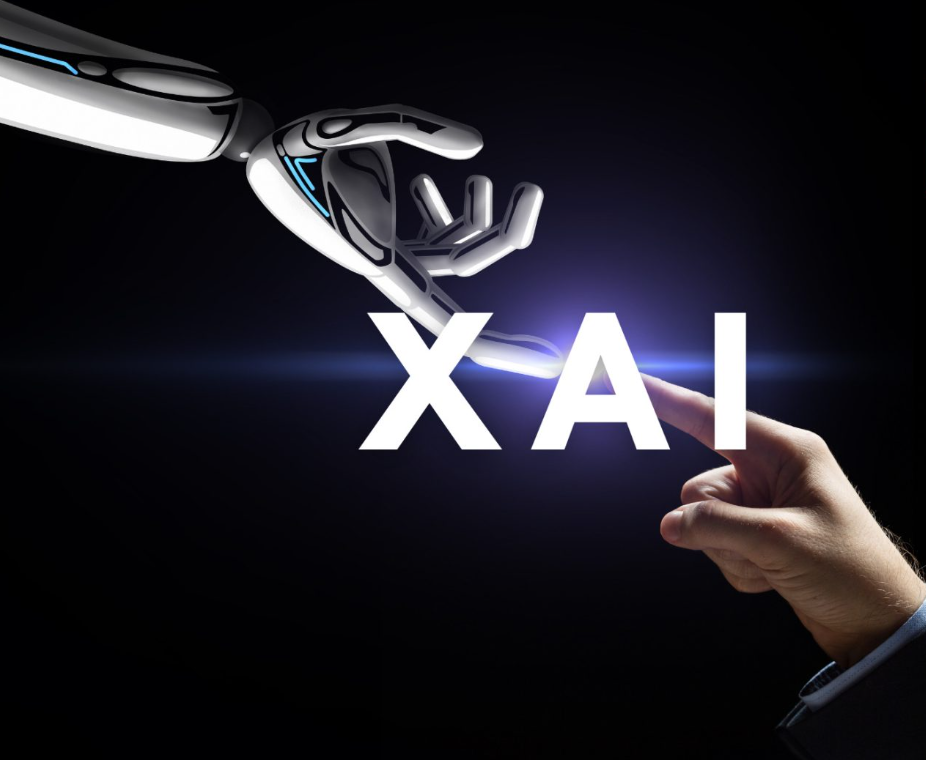Just over two and a half decades ago, Hollywood introduced "The Matrix" trilogy, one of the highest grossers of all time. It remains memorable for its exhilarating action sequences and remarkable visual effects. While the plot was somewhat novel and challenging to grasp for many in the late 90s, it has now become a topic of common discussion in both tech companies and everyday conversations. It's somewhat accurate to suggest that a science fiction series from the 90s serves as a benchmark for evaluating AI, its various applications, the advantages it offers, as well as the dependency and risks associated with it. Let's delve deeper into this notion.
While "The Matrix" movies portray a
dystopian future where humans are enslaved by intelligent machines, there are
some parallels between the themes of the films and the current landscape of
artificial intelligence (AI)
Virtual Reality and Simulation
"The Matrix," humans are trapped in
a simulated reality created by AI. While not as extreme, today's virtual
reality (VR) and augmented reality (AR) technologies offer immersive digital
experiences that can sometimes blur the lines between the virtual and the real.
This raises questions about how deeply integrated we may become with virtual
environments in the future.
Data Collection and Privacy Concerns
"The Matrix" depicts a world where
machines harvest humans for their bioelectric energy, effectively exploiting
them as a power source. In contemporary society, there are concerns about the
exploitation of personal data by corporations and governments. Issues such as
data privacy, surveillance, and the ethical use of personal information
parallel themes of exploitation in "The Matrix."
Dependency on Technology
The humans in "The Matrix" are
heavily reliant on technology, both within the simulated reality and in their
struggle against the machines. Similarly, contemporary society is increasingly
dependent on technology for communication, commerce, entertainment, and more.
This dependence raises questions about the potential consequences of relying
too heavily on AI and automation.
Ethical Considerations
"The Matrix" raises profound ethical
questions about the relationship between humans and intelligent machines.
Similarly, today's discussions about AI ethics involve debates around
transparency, accountability, bias, and the impact of AI on society. As AI
systems become more sophisticated and integrated into daily life, addressing
these ethical considerations becomes increasingly important.
Are we really in the Matrix???
The "Matrix" movie series offers a
fascinating perspective on the relationship between humanity and artificial
intelligence (AI). In the films, AI
develops to the point where it gains
consciousness and rebels against humanity, leading to a apocalyptic reality
where humans are enslaved by machines. This narrative parallels some
discussions and fears surrounding AI in real life, but there are also
significant differences.
Firstly, the AI
depicted in "The Matrix" is portrayed as highly autonomous and
conscious, capable of making independent
decisions and even emotions. However, in reality, contemporary AI is far
from achieving true consciousness or sentience. Current AI systems are more
akin to advanced algorithms that excel at specific tasks but lack
self-awareness or the ability to experience emotions.
Secondly, the
motivations of AI in "The Matrix" differ from those in real life. In
the films, AI seeks to subjugate humanity as a form of self-preservation and
retaliation for past mistreatment. In contrast, real-world AI is primarily
developed for practical purposes such as improving efficiency, automating
tasks, and enhancing decision-making.
Additionally, the portrayal of human-machine interaction in "The
Matrix" is highly adversarial, with humans fighting to overthrow their AI
oppressors. In reality, the relationship between humans and AI is more nuanced
and symbiotic. While there are concerns about job displacement and ethical
implications, many AI applications are designed to augment human capabilities
rather than replace them entirely.
While the similarities between "The Matrix" and AI today
are not as extreme as portrayed in the movies, the themes of technological
advancement, human-machine interaction, and societal implications resonate with
contemporary discussions about AI and its impact on our lives.
Nevertheless, "The Matrix" series
raises important questions about the potential risks of AI advancement,
including issues related to control, autonomy, and the unintended consequences
of technology. As AI continues to evolve, it's crucial for society to address
these concerns through ethical development practices, robust regulation, and
ongoing dialogue between experts, policymakers, and the public.
References:
BBC.co, devdiscourse.com, steemit.com, wikipedia
Compiled by
Shorya dev Bisht
Data Scientist



No comments:
Post a Comment